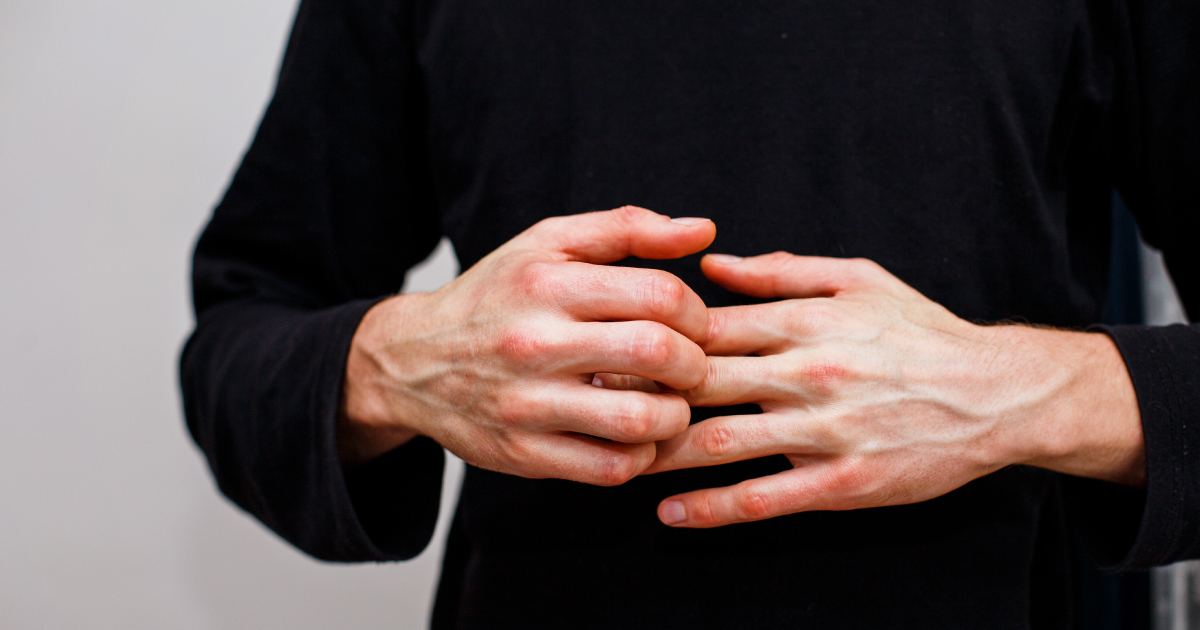We often ignore a rash on the body and are reluctant to seek treatment, as we tend to think it will go away by itself. The next thing you know, the rash has worsened and become too deep-rooted to handle. Because skin allergy, or Atopic dermatitis, is a common condition among Thais, we need to be aware of it and promptly seek the right treatment for it.
What is Atopic Dermatitis?
Atopic Dermatitis is a chronic condition that comes and goes due to many different factors: such as genetic disorder, environment, chemicals, insects, infections, etc. It can afflict anyone at any age, and the symptoms can be categorized according to the severity. In the acute stage, the skin is extremely itchy with rash and small blisters. In sub-acute stage, the symptoms are the same as in the acute stage, except that the blisters have dried into scaly and flaky skin. Then, in the chronic stage, the skin is still extremely itchy while the rash has turned brownish and noticeably thickened. Aside from the annoying itchiness, atopic dermatitis can create scars in various places all over the body that can become worrisome and lead to a loss of self-confidence. So, if you are afflicted by this condition, you need to see a doctor for evaluation and treatment as soon as possible. The treatment will vary and depend on the cause, symptoms and their severity.
Itchy Skin at Night
Itchiness seems to be a significant symptom of atopic dermatitis, especially at night as you are about to go to bed. When there is no light nor sound to distract you, the itchiness appears to be elevated and becomes intolerable; making it difficult to stop scratching. Some people cannot go to sleep because of it, while others may find that they continue to scratch even in their sleep and wake up to find marks from rough scratching.
Risk factors of atopic dermatitis include hereditary, behavior – such as coming into contact with substances that irritate the skin (e.g., soap, washing liquid, etc.) – and agitating agents (e.g., living in a region that has dry climate, dust mites, infection, etc.)
To treat the itchiness at night, because atopic dermatitis is a chronic condition, the immediate goal is to subdue the symptoms and prevent it from flaring up. Today, there are new types of medication – such as targeted therapy, biologics and small molecules drugs – that have very high efficacy but less side-effects as compared to steroids. Sometimes, in less severe cases, there are very effective ointments that can be applied. However, the actual treatment will vary from one patient to another, as it depends on the symptoms and their severity.

Itchiness from Mosquito Bites (Skeeter Syndrome)
Some people are more sensitive than others to insect bites, and their body’s allergic reaction when bitten by a mosquito can be severe. At the affected location, the skin becomes more itchy, more reddish with blisters. In some cases, the condition may persist for longer than most people. This is unlike allergic reactions to medication. Research has found that, compared to ordinary children, those who suffer from atopic dermatitis also have worse reaction to mosquito bites. It is because the two conditions are due to the same type of disorder in the body’s immune system.
An initial treatment may simply be to apply ointment containing steroids around the area of the mosquito bites, to relieve the itchiness. However, if there are many small bumps or blisters and they are extremely itchy, you should see a doctor promptly for an appropriate treatment before your atopic condition worsens.
Itchiness Due to Weather Allergy
Weather condition is another factor that can cause allergic skin rashes. Regardless of whether it is too hot or too cold, skin rashes worsen with lower humidity conditions. Because Thailand is a Tropical country where the relative humidity is high, many foreign visitors to the country have found their skin allergy symptoms actually improve.
To take care of weather allergy rashes, especially during the rainy season, once you have noticed a cooler weather, you should apply skin moisturizer regularly to keep the skin moist. You should also consult a doctor as soon as the rash begins to appear, instead of ignoring it until the condition becomes widespread.
Skin rashes due to an allergy are not only annoying but, if left untreated until they have become deep-rooted, can affect your quality of life also. You should, therefore, promptly consult a specialist to have them treated. This way the condition can be managed quickly and, then, cured afterwards.











